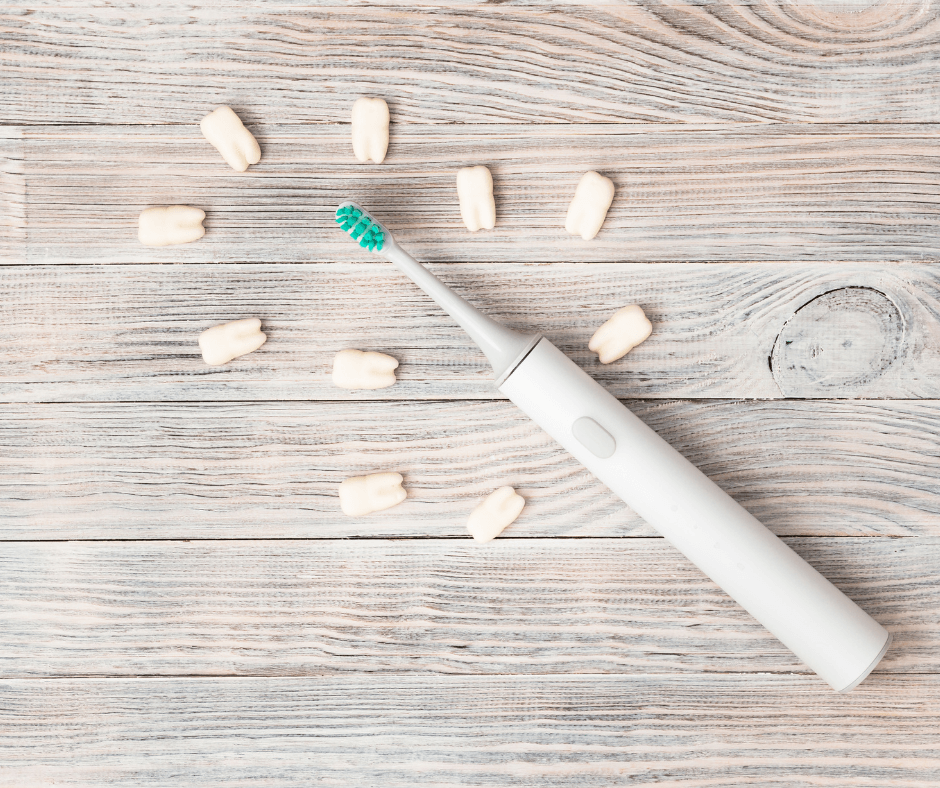Big Advances for Dental Implants
If you've been told you're not a candidate for dental implants, it's time to revisit the subject. Dental implants — permanent prosthetics implanted into the jaw — have changed.
"In the last five years, we've learned that smaller implants can work just as well as regular-size implants, and this makes more people candidates for them," says Dr. German Gallucci, department chair of restorative dentistry at the Harvard School of Dental Medicine.
What is A Regular-Size Implant?
A conventional dental implant is a post that serves as an artificial tooth root. The post is made of titanium and is surgically implanted into the jawbone, below the gum line. As the jaw heals, bone grows over the surface of the post, strengthening its position.
Once the implant is stable, the dentist installs another part of the prosthetic, called abutment. This is attached on top of the implant and sits above the gum line. Eventually (up to three months later), a porcelain crown (replacement tooth) that's customized to match your other teeth will be screwed or cemented onto the abutment, creating your new artificial tooth.
An Effective Replacement
The prosthetic tooth looks and works just like your other teeth. Unlike dentures, you don't have to take it in and out of your mouth. It generally lasts for about 20 years. However, about 20% of implants or crowns will need some sort of repair around the 15-year mark.
And 5% of the time, the implant fails (it won't stay in the jaw) because bone won't adhere to it or because poor dental hygiene leads to infection.
Size Matters
A regular-size implant ranges from 3 to 5 millimeters (mm) in diameter (3 mm is about an eighth of an inch). And you need enough jawbone to support the implant so it's strong and can take lots of force as you chew.
If you don't have enough jawbone to accommodate the implant — perhaps because an extraction or gum disease caused bone loss — your dentist might be able to increase jawbone volume with a bone graft, depending on your particular condition. That can add months and additional expense to a procedure that already ranges from $2,000 to $6,000 per implant.
But now there's another option for people who don't have enough jawbone: "mini" implants that are about half the width of regular implants. Minis range in size from 1.8 mm to 2.4 mm in diameter.
Unlike a regular-size implant with an abutment that attaches above the gum line, the mini implant is one piece — a post with an abutment built into it. The all-in-one construction helps make the prosthetic strong, despite its smaller size.
Mini and regular-size implants have similar success rates and costs.
Advances in Placement
Technology has improved to help dentists place implants with greater precision. Well before a scheduled implant procedure, the dentist makes a three-dimensional rendering, or "digital cast," of the mouth and jaw. This helps the dentist determine which implant type and size will work best, and exactly where the implant needs to be placed. The computer creates a drilling guide. It's more reliable, like GPS [a global positioning system] for dentistry.
Other Advantages of This Placement Technology Include:
- Faster, safer procedures. "There's less risk of placing the implant too close to a nerve or blood vessel," Dr. Gallucci says.
- Less invasive surgery. Instead of "flap" surgery, in which the dentist cuts a flap in the gum to insert the implant, the computer guides the dentist to drill right through soft tissue to the jaw.
- More efficient tooth design. Computer renderings help dentists design crowns that work with a patient's own chewing patterns.
Helpful for Dentures, Too
Mini implants are also being used to anchor dentures. The trend is to make the denture fixed and not removable. It works like natural teeth, and people like that.
However, it takes more minis than regular-size implants to hold this kind of prosthetic in place. "If we can use a regular-size implant, we prefer that. The denture is hard on the mini implant and increases the failure rate," Dr. Gallucci says.
The Bottom Line
Despite the advantages, mini implants aren't for everyone. They're expensive, and Medicare doesn't cover them.
But if you have missing teeth and low jawbone volume, and can afford them, mini implants may help restore one or more teeth for a more natural, comfortable feel.















